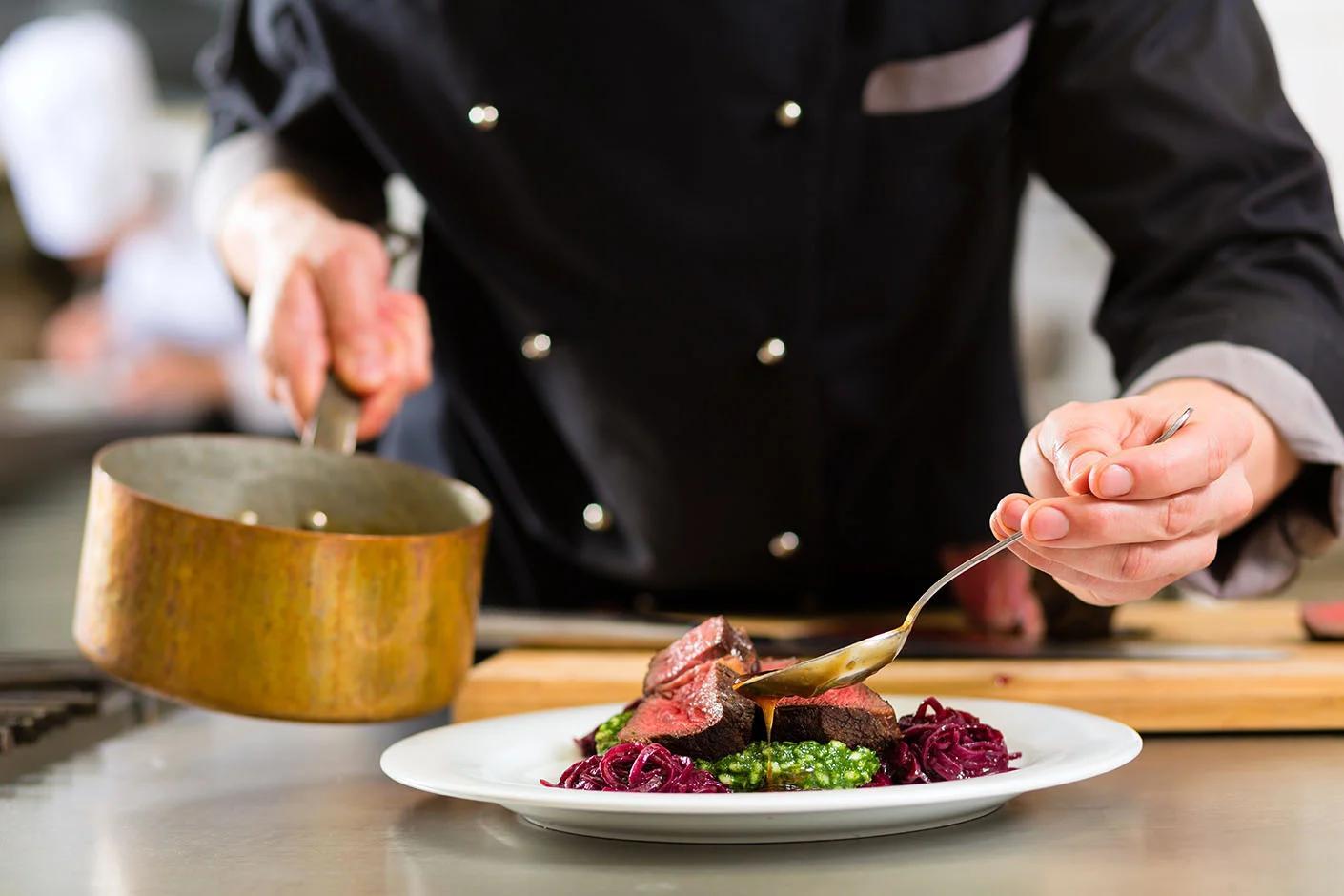Africa-Press – Botswana. Some professional chefs have called for the establishment of culinary arts regulatory body that will monitor and regulate everyone in the culinary art industry. They said the culinary arts field was not recognised as a profession and believed that the professional regulatory body would promote the professional image of chefs through culinary training at all levels as well as address issues of concern within the industry such as low salaries, long working hours and lack of progression, among others.
The professional chefs unanimously made the call during the ongoing Bojanala Tourism Cluster skills development workshop on culinary arts development specialised chefs and up-skilling of chefs.
The workshop emanated from the shortage of specialized chefs in Botswana as identified during different stakeholder consultations as well as the Bojanala Tourism Cluster Strategy.
However, chefs said currently anyone could be a chef even without qualification or proper skills and highlighted that the regulatory body would help maintain professional and ethical standards including teaching knowledge, skills and competence as well as advice on development of professional standards of culinary experts.
They also called for the creation of pathways for growth in the profession.
“We need a regulatory body similar to the Health Professional Council and Law Society of Botswana, which can advocate for our interests as professional chefs,” said chef Thuto Masala who is the secretary general of Botswana Chefs Association (BCA).
He said currently their profession was undermined because it was dominated by people who did not have the right skills to run the kitchen and hoped that the regulatory body could help improve the quality of training of educators and prescribe minimum standards for the profession.
He also emphasised the need for employers to have on the job training programmes focusing on ensuring that local chefs were upskilled. He called for focus on holistic culinary arts training, saying training institutions had to produce well-rounded artistes who could be competitive in the market; candidates who could create meals with the whole person in mind and meet the clients’ demand.
Masala said holistic chefs focused on using whole real nutrient dense foods in their cooking, adding that they also wanted to have chefs who could produce own packages rather than relying on readily made products.
Executive chef, Richard Molefe concurred that they could not have chefs who had not been in the kitchen noting that every training institution should have a full-fledged kitchen.
Although, he appreciated that some institutions had the state of the art kitchens, they were underutilized and stressed that “we need a deliberate programme to target chefs and I call upon companies to fund chefs because eventually we want them to produce own products as well as run successful enterprises,” he added.
Molefe said they needed chefs who could be manageable and know how to pronounce words properly noting that most dishes were named in French, Portuguese and Italian.
He called for upskilling of existing chefs focusing on specialised skills and benchmarking cluster development with the international market, earmarking areas of improvement. Institutions were also encouraged to offer short courses during weekends or after hours considering that they could not absorb a large number of learners.
Molefe underscored the need for expatriate chefs to promote skill transfer.
A lecturer on culinary arts at University of Botswana, Pearl Lefadola, called on educators and chefs to join the Botswana Education Research Association, whose mission is to contribute to national development through conducting educational research and participating in educational policy and planning.
She emphasised the need for chefs to become researchers on their field to improve the hospitality industry as well as commercialise research in culinary arts. She also noted that chefs should also work closely with the Ministry of Agriculture as some food items were compromised in terms of quality.
The Director of Human Resource Development Planning, from the Human Resource Development Council, Fernando Siamisang, advised chefs to create partnerships and linkages to ensure they do not complain about skills development.
He also supported the idea to establish a regulatory body saying it would serve as a mouthpiece for the culinary arts industry.
For More News And Analysis About Botswana Follow Africa-Press






